
Resources for Educators
Research centers at Stanford Graduate School of Education develop a variety of free resources to support the work of PK–12 educators and teacher educators. Explore the resources listed here and visit our research center sites to learn more about their work.
AI & Digital Learning
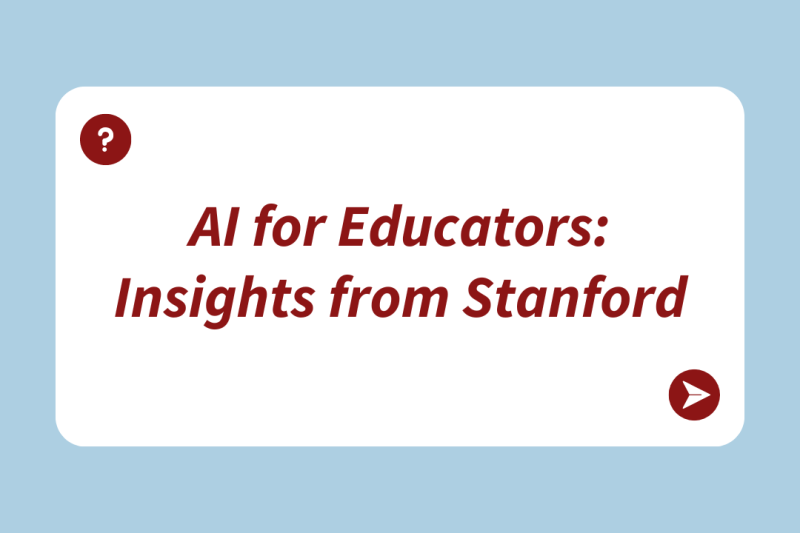
In this series, Stanford faculty share their experiences and perspectives on artificial intelligence (AI) and learning as they respond to questions from educators. Each video comes with a set of discussion questions that you can use to self-reflect or engage in conversation with your colleagues.
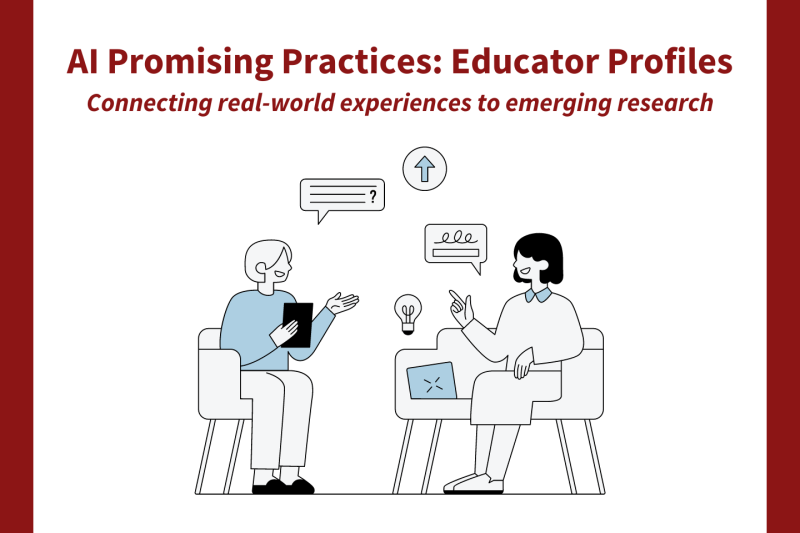
GSE Professional Learning interviewed several educators who work directly with teachers and administrators to effectively utilize artificial intelligence (AI) in the classroom. These profiles highlight their work at the intersection of technology and practice, and their unique perspectives.
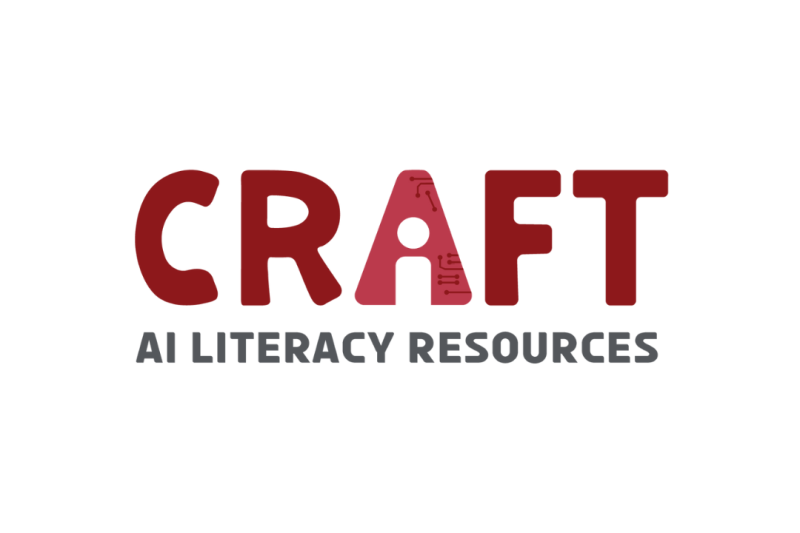
CRAFT is a continually growing collection of free adaptable AI Literacy resources for high school teachers, to help students explore, understand, and critique AI. The resources, co-designed with educators, contextualize AI in a multidisciplinary way so that teachers in any discipline can use them.
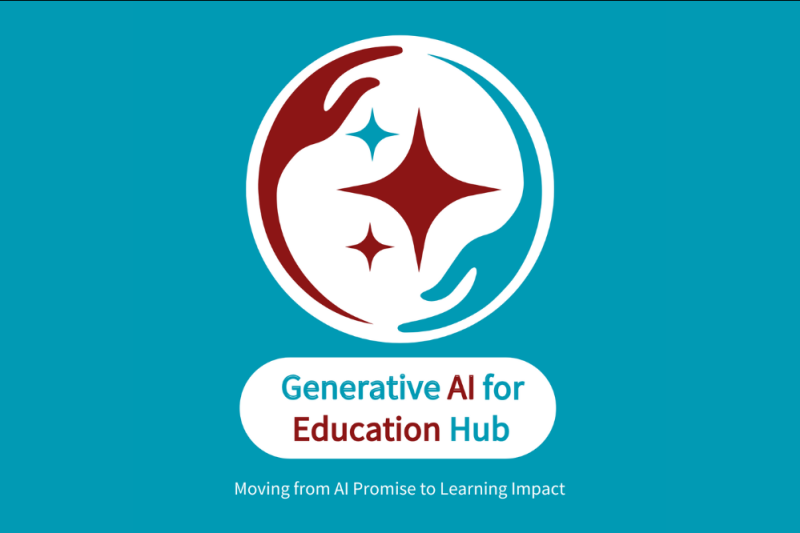
The Generative AI for Education Hub delivers trusted research, insights, and tools for K12 education leaders to leverage generative AI to benefit students, schools, and learning.
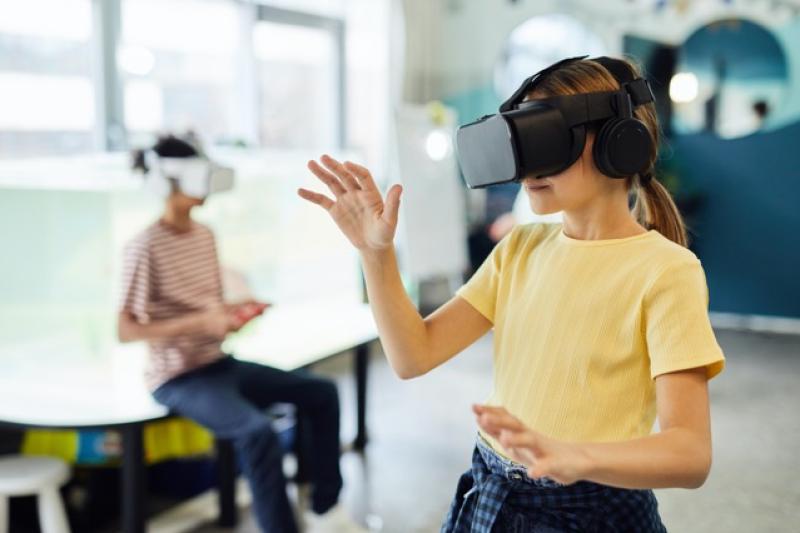
The Virtual Field Trips project provides resources to create virtual field trips and features use cases of virtual field trips in classrooms across science, geology, history, architecture, and more. Advances in technology have reduced the barriers to creation, opening opportunities for educators and students to become content creators, embedding concepts in locally or personally meaningful contexts.
Learning Differences
History
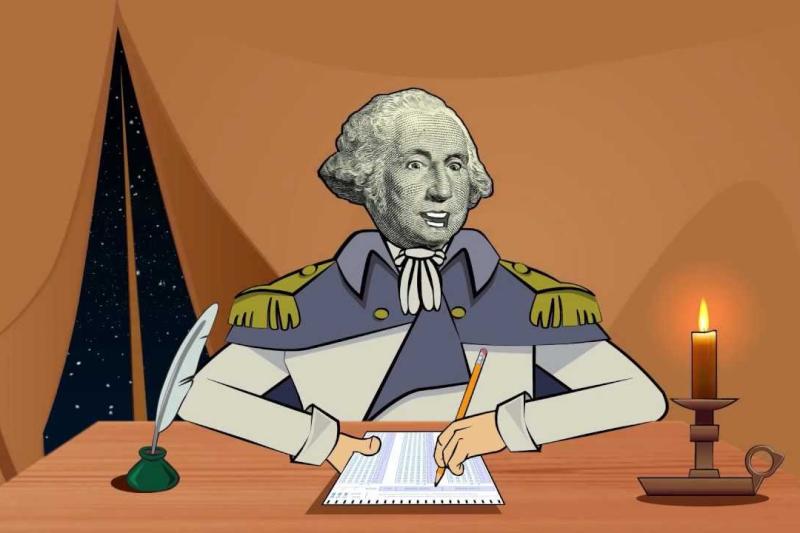
Beyond the Bubble unlocks the vast digital archive of the Library of Congress in over 100 easy-to-use assessments that measure students’ historical thinking.
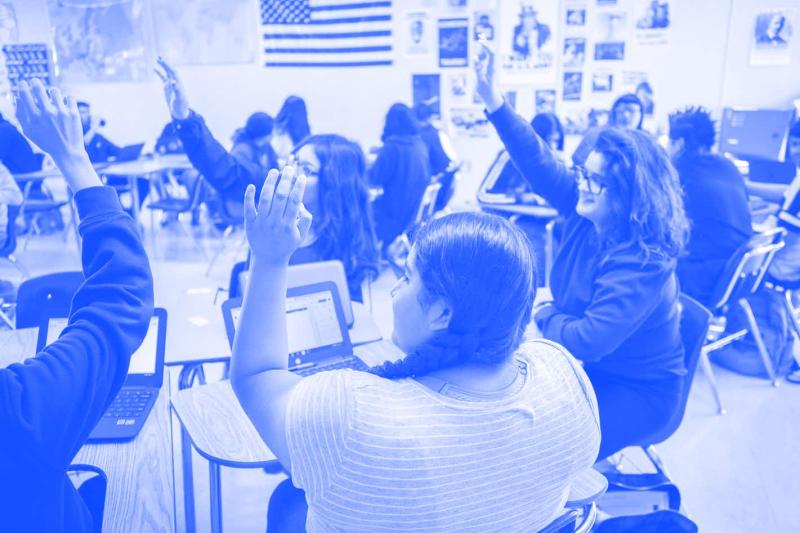
Ready-to-use lessons, assessments, and videos to support the teaching of critical evaluation skills for online information. Appropriate for all subject areas.
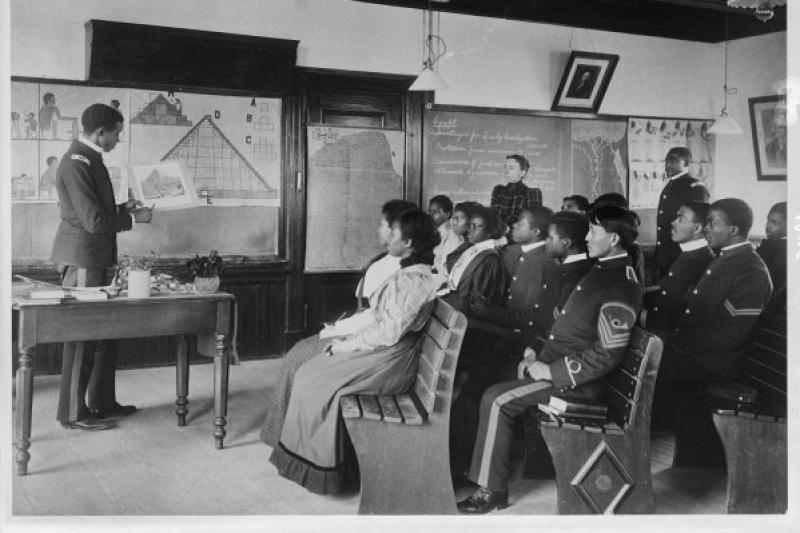
History lessons that teach critical reading strategies and engage students around a central historical question using primary sources. Designed for group work. Available in Spanish.
Mathematics

Resources for parents, educators, and all who work alongside families with young children to support playful math learning through games, storybook reading, cooking, and daily routines. Available in Spanish.
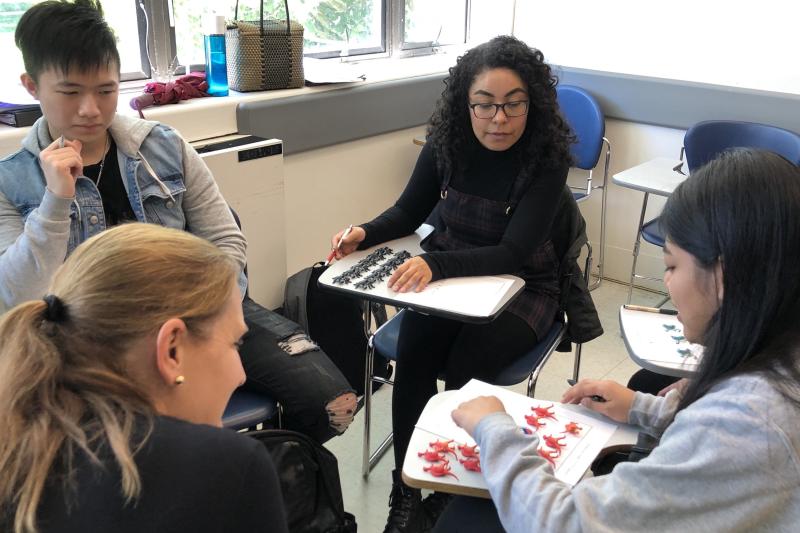
Research-based materials designed for early childhood teacher educators to support prospective and practicing teachers to promote young children’s mathematical learning

Open, visual, creative math tasks that integrate brain science and are designed to engage and inspire students.
Science
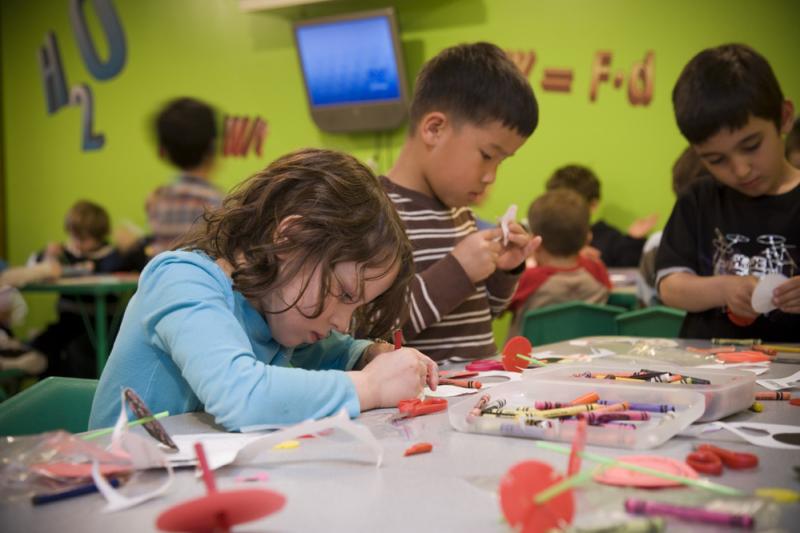
A curriculum of project-based learning, aligned with the Next Generation Science Standards and designed to incorporate embedded performance assessments. Includes orientation to group work.
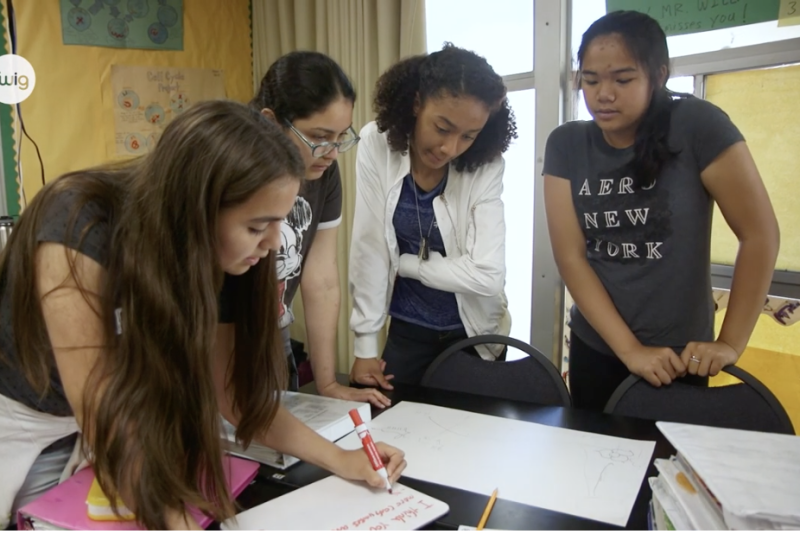
Research and reports, model assessments, and resources for professional development all focused on ways that high-quality performance assessment can support the implementation of the Next Generation Science Standards.
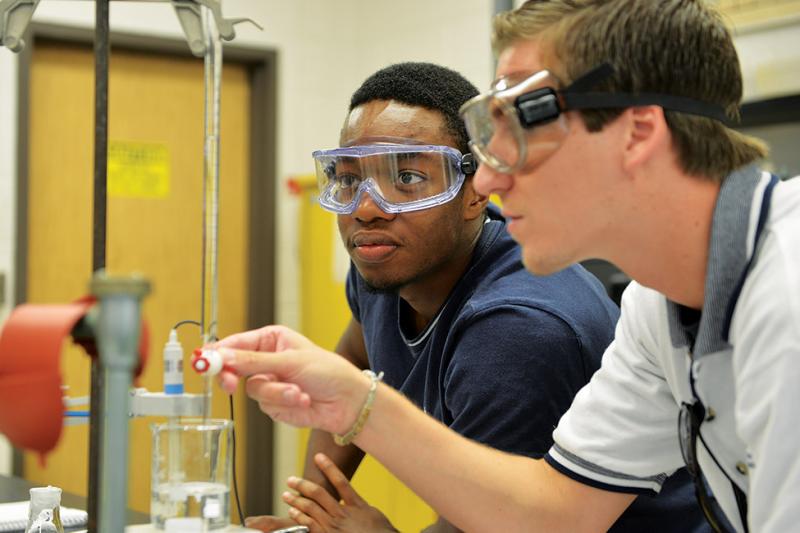
A Next Generation Science Standards-designed, project-based science curriculum aligned with the California Integrated model in which earth and space science, life science, and physical science and/or engineering are integrated in each unit.
Multilingual learners
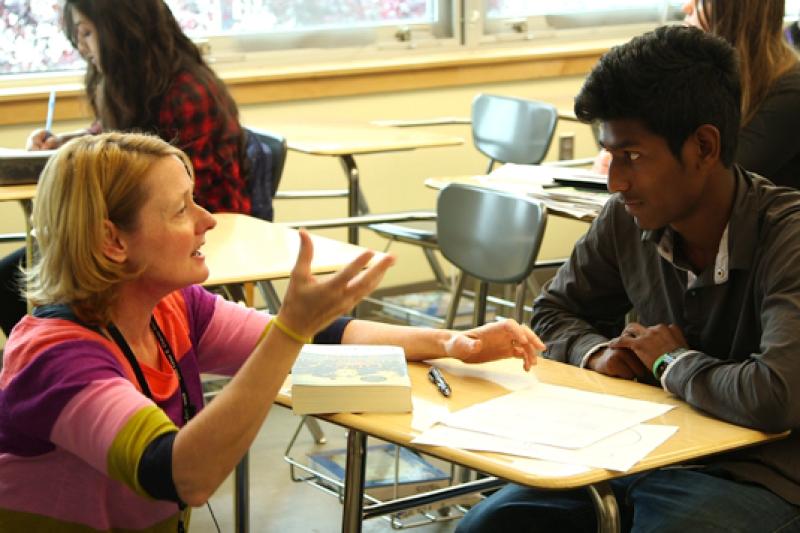
An online curriculum designed to prepare teachers to work with students from culturally diverse backgrounds, supporting language development through standards-based, content area learning. For teachers and teacher educators.
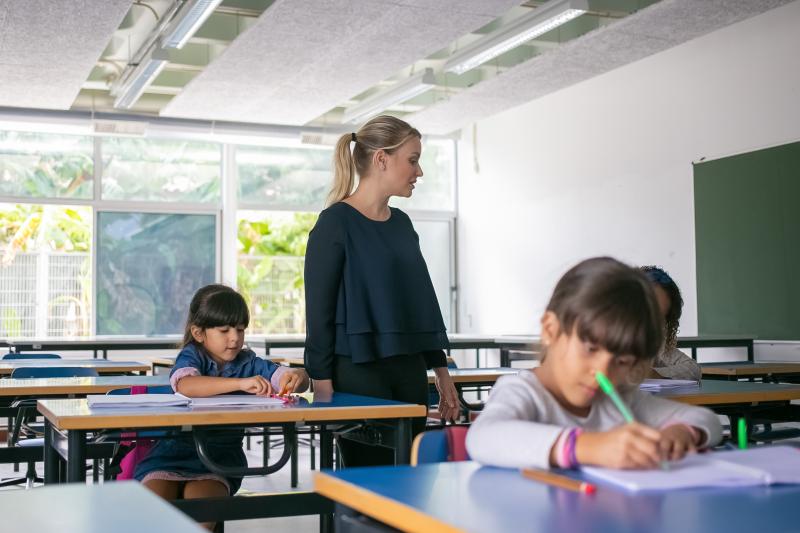
Six essential considerations for professional development providers when designing plans to support and develop educators of multilingual learners.
Student well-being and engagement
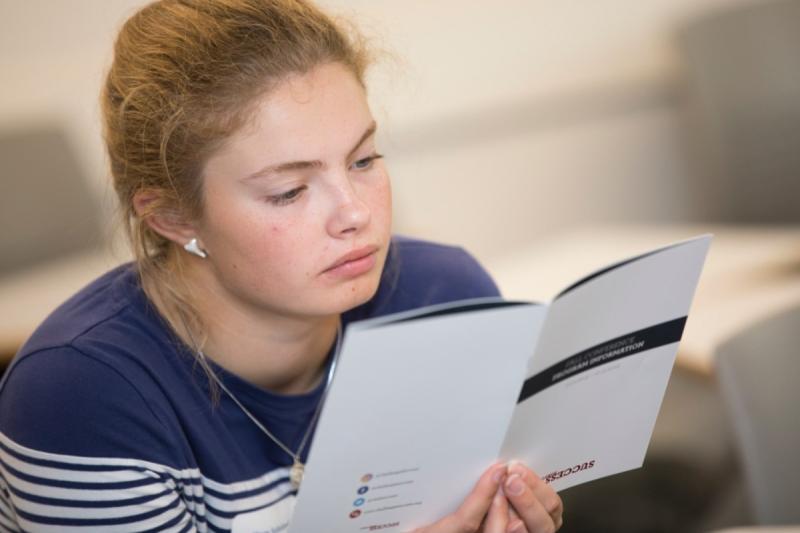
Hundreds of resources to promote student well-being and engagement with learning, including tools, strategies, tip sheets, webinars, and research white papers.
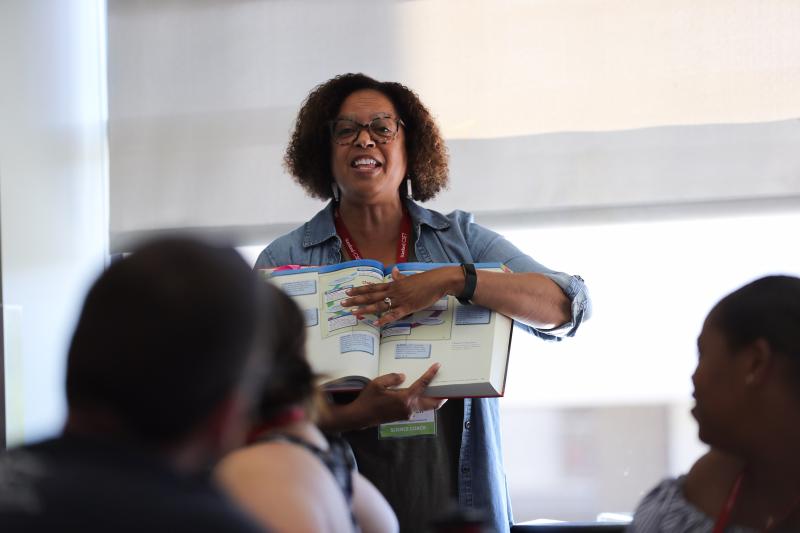
Two recorded webinars on strengthening formative assessment practices in remote learning environments to support language and content development and social emotional learning.
